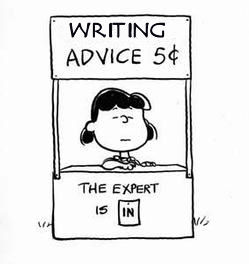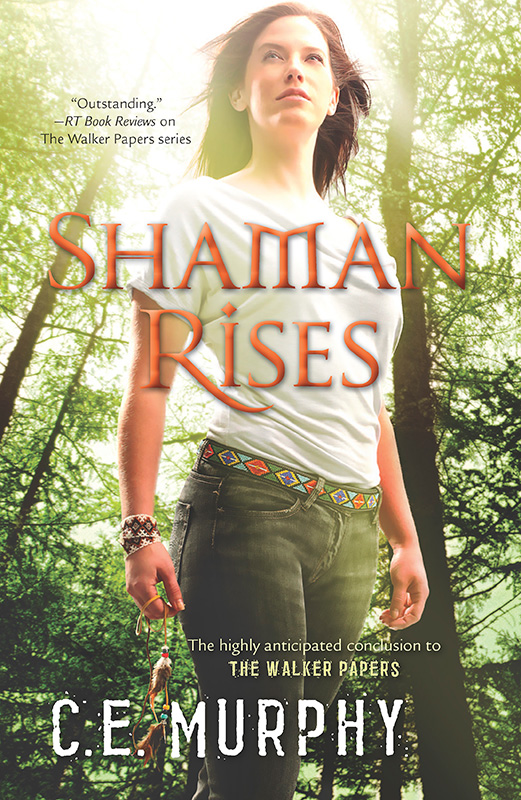I’ve released two books back to back so far this year, MAGIC & MANNERS in March, followed by ATLANTIS FALLEN in April. As an experiment, I priced ATLANTIS FALLEN $2 cheaper than M&M, to see if the number of sales at the lower price point made up for or (hopefully) outstripped the profit I make off the higher purchase price of MAGIC & MANNERS. It did. Just barely. It took about 28 of its first 30 days to catch up to MAGIC & MANNERS’ first month, and in the last…
Tag: industry essays
The Magic & Manners Project: Publication Process
Part two of my series on all-out self publishing, a project I’ve taken on with MAGIC & MANNERS, a Jane Austen pastiche in which I wondered what would happen if the Bennet sisters had too much magic rather than too little cash. Part One, which focuses on finding and working with a production team as well as developing a work flow (including a Helpful Check List) is here. This week I’m going to look at the actual publication process. I’ve been working through Amazon and Ingram, who are both doing…
Writing Wednesday: Discipline
@kit_flowerstorm on Twitter asks me to discuss how to practice the discipline of writing. This is a question I get a *lot*. I don’t know if all professional writers get it a lot or if I do because I seem to have a particularly impressive output (or if it’s just that, as I actually *noticed* a few weeks ago, I work a lot). There is not a romantic answer to this question. The truth is that when writing is your day job, you sit down and (if necessary) struggle for…
Writing Wednesday: Outlining a Series
Beth Cato, author of the splendid CLOCKWORK DAGGER books, said she’d love to know more about my outlining process(es) for series. bahahahwoooohahahahahaha ahahaha bahahah hee hee hee *wipes eyes* Okay. No, seriously. *laughs* Seriously, it’s an excellent question/thing for me to think/write about. The truth is I’ve become much more serious about outlining in the past few years, but I haven’t yet taken it to the series level that I’d *like* to. (I should, in fact, be looking very hard at REDEEMER and perhaps MAGIC & MANNERS in those terms…
Reader Questions: Process & Pagecount
Lots of process questions, so I’m going to tuck them together into one and answer different aspects of questions people have asked! Lola & Anne just want straight-up process discussion, which you’d think I’d have covered with the posts for the last couple of weeks, but you’d be wrooooong. :) Then Kat Bonson follows up with How does your writing process work (e.g. do you write specific # of pages a day or is it a hit & miss kind of thing)? How does your agent/editor fit into your process?…



